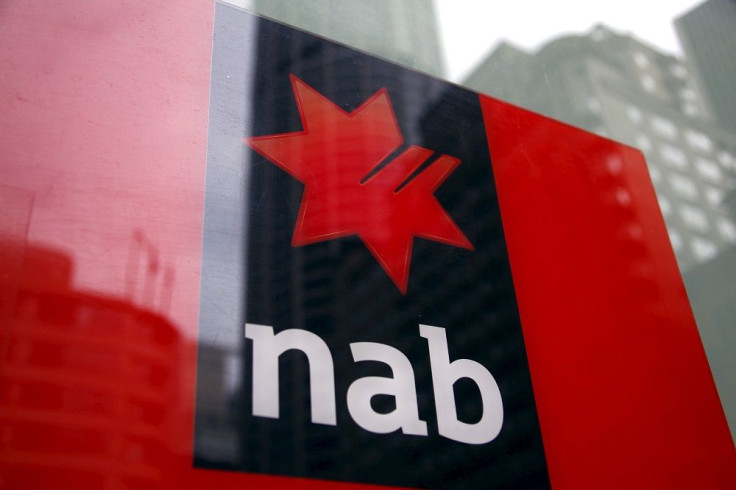NAB’s business survey falls sharply but remains above its long-term average

An index of Australian business conditions pulled back from record highs last month. The latest survey from National Australia Bank (NAB.AX) shows that its index of business conditions dropped 6 points to +14 in March, while its sales index slipped 4 to +20.
The survey was done shortly after US President Donald Trump announced tariffs on imports from China, Australia’s largest single export market. NAB believes the US leader’s policy direction may have resulted in business conditions declining by a steep 30 percent (or 6 points) to +14.
NAB's business survey showed that conditions in February surged to a record high of +21. Despite the steep fall last month, the result remains higher compared to the historical average of +5.5. The employment index eased to +9 last month but remained high historically.
Alan Oster, NAB’s group chief economist, said the survey’s measures of conditions remained equal to or above their long-run averages for every industry sector. “The strength in business conditions and leading indicators are consistent with stronger economic growth in coming quarters and the employment index is pointing to strong jobs growth which should reduce unemployment,” Reuters reports him as saying.
NAB has learned that a fall in a number of its survey components impacted its March results. These include trading conditions (sales), profitability and employment conditions.
The mining sector came out strongest when it comes to business confidence and conditions. It was a standout for recording the highest reading for both conditions and confidence for the first time since 2012. The bounce in mining business conditions was linked to a rise in the Reserve Bank's index of commodity prices.
As for the retail sector, it was an underperformer compared to other sectors. Recreation and personal services recorded the lowest reading for business confidence.
Oster said the survey results for March do not change their outlook for the Aussie economy. He believes the latest survey still paints a broadly positive picture.
He remains optimistic and expects the RBA will elevate the official cash rate from its record low 1.5 percent towards the end of 2018. “Not only do the above-average business conditions continue to point to robust business activity in Australia, it is also broadly based as conditions were equal to, or above, their historical average in all industries,” Oster said.
The new report follows research by JP Morgan, which suggests that the synchronised global economic recovery may already be a thing of the past.





















